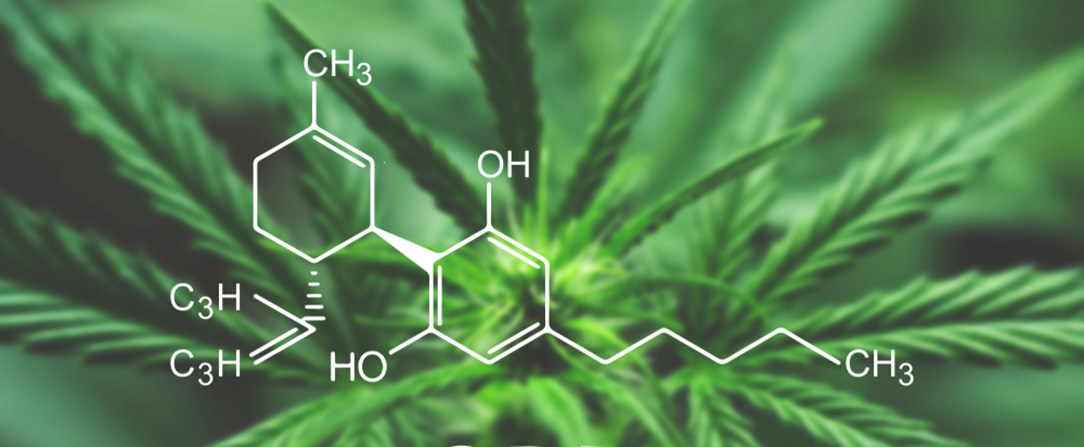Cannabis consumption and non-alcoholic fatty liver disease. A three years longitudinal study in first episode non-affective psychosis patients.
Authors:
Javier Vázquez-Bourgon, Víctor Ortiz-García de la Foz, Irene Suarez-Pereira, Paula Iruzubieta, María Teresa Arias-Loste, Esther Setién-Suero, Rosa Ayesa-Arriola, Marcos Gómez-Revuelta, Javier Crespo, Benedicto Crespo Facorro
Published in Progress in Neuro-Psychopharmacology and Biological Psychiatry
20 December 2019
Abstract
INTRODUCTION:
Increased incidence of obesity and excess weight lead to an increased incidence of non-alcoholic fatty liver disease (NAFLD). Recent evidence indicates a protective effect of cannabis consumption on weight gain and related metabolic alterations in psychosis patients. Overall, patients are at greater risk of presenting fatty diseases, such as NAFLD, partly due to lipid and glycemic metabolic disturbances. However, there are no previous studies on the likely effect of cannabis on liver steatosis. We aimed to explore if cannabis consumption had an effect on hepatic steatosis, in a sample of first-episode (FEP) non-affective psychosis.
MATERIAL AND METHODS:
A total of 390 patients were evaluated at baseline and after 3 years of initiating the antipsychotic treatment. Anthropometric measurements and liver, lipid, and glycemic parameters were obtained at both time points. All but 6.7% of patients were drug-naïve at entry, and they self-reported their cannabis use at both time points. Liver steatosis and fibrosis were evaluated through validated clinical scores (Fatty Liver Index [FLI], Fibrosis-4 [FIB-4], and NAFLD).
RESULTS:
At 3-year follow-up, cannabis users presented significantly lower FLI scores than non-users (F = 13.874; p < .001). Moreover, cannabis users less frequently met the criteria for liver steatosis than non-users (X2 = 7.97, p = .019). Longitudinally, patients maintaining cannabis consumption after 3 years presented the smallest increment in FLI over time, which was significantly smaller than the increment in FLI presented by discontinuers (p = .022) and never-users (p = .016). No differences were seen in fibrosis scores associated with cannabis.
CONCLUSIONS:
Cannabis consumption may produce a protective effect against liver steatosis in psychosis, probably through the modulation of antipsychotic-induced weight gain.
DOI: 10.1016/j.pnpbp.2019.109677
PAYWALL
Citation:
Vázquez-Bourgon J, Ortiz-García de la Foz V, Suarez-Pereira I, et al. Cannabis consumption and non-alcoholic fatty liver disease. A three years longitudinal study in first episode non-affective psychosis patients. Prog Neuro-Psychopharmacology Biol Psychiatry. 2019;95:109677. doi:10.1016/j.pnpbp.2019.109677


